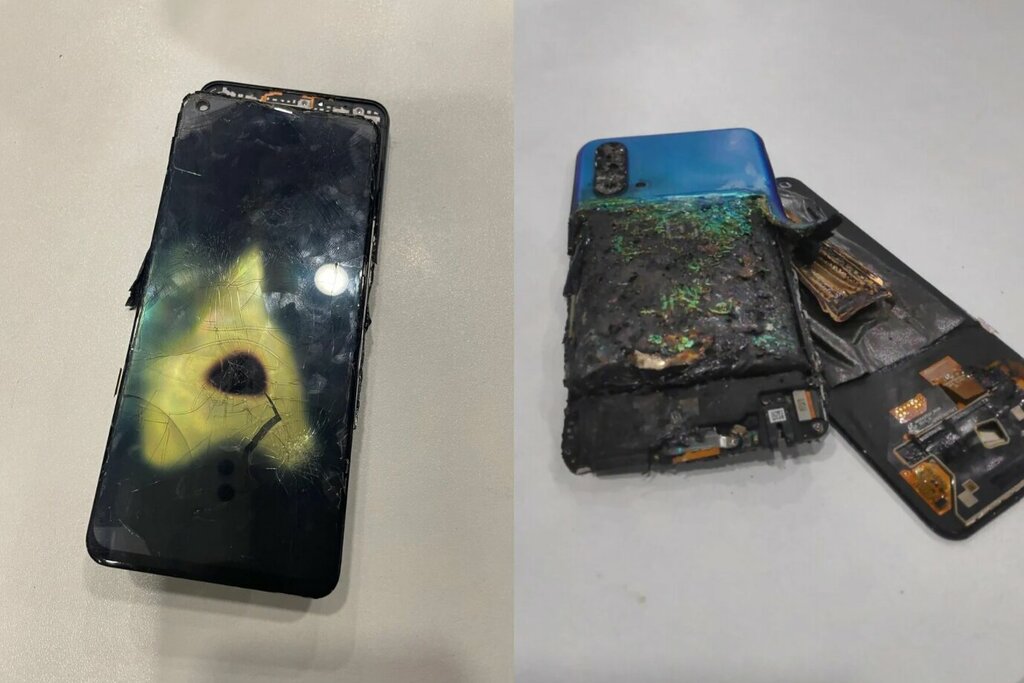Fragmented sleep can lead to changes in brain metabolism, some similar to those of Alzheimer’s disease. The key to the phenomenon would lie in a condition of neurological stress. A research conducted by theIrccs Neuromed by Pozzilli (Isernia), published in ‘Frontiers in Aging Neurosciences’.
The study, which sees the collaboration of Tongji Medical College and Huazhong University of Science and Technology (Hust) in Wuhan, China, used the latest generation of positron emission tomography (PET) technologies to evaluate various parameters of nervous metabolism. of animals subjected to sleep interruptions.
“After a month and a half of fragmented sleep – he explains Nicola D’Ascenzo, professor at the Department of Biomedical Engineering of the Hust and head of the Department of Medical Physics and Engineering of the Neuromed – in the brains of animals we found the presence of the tau-hyperphosphorylated protein (p-tau) together with signs of gliosis “. Both the presence of p-tau and the phenomenon of gliosis (during which the destruction of nerve cells is accompanied to the formation of a kind of scar) are characteristic signs of Alzheimer’s disease.
“On the other hand – continues D’Ascenzo – we have found an increase in the consumption of glucose by neurons, which should decrease in Alzheimer’s disease. However, we know that the consumption of glucose increases in conditions of cellular stress. We therefore think that disturbed sleep has created a stressful situation that induces alterations similar to those of a neurodegenerative disease. We are now planning further research, which will take advantage of the great possibilities offered by theEuropean research infrastructure ‘Eurobioimaging’, of which Neuromed is a node. The question we will try to answer is whether the condition of stress, protracted over time, can make the observed alterations become definitive, leading to the actual disease “.
The health implications could be relevant, as the researcher points out. “Here we are not talking about the duration of sleep, but its quality. Let’s take the example of a message that arrives on the mobile phone: maybe the ‘beep’ will not cause a real awakening, but it will disturb sleep anyway. And we know that it is. very widespread, especially among young people, is the habit of leaving the mobile phone on during the night, with the various social networks continuously sending messages “.
The study – reads a note – was born as part of an international project between Italy and China, funded by the ministries of foreign affairs of the two countries (Maeci Great Relevance 2019 contributions Italy-China).
–


